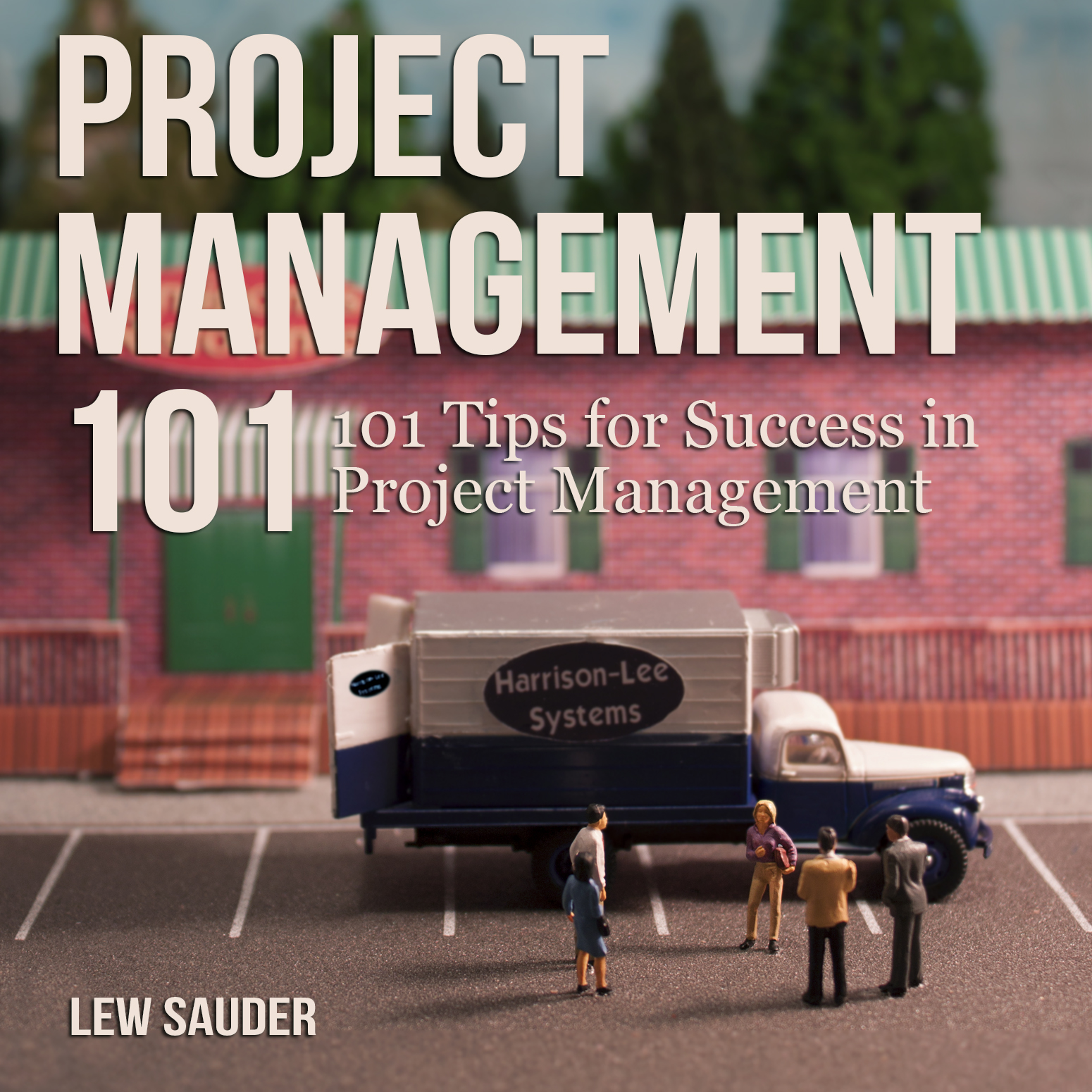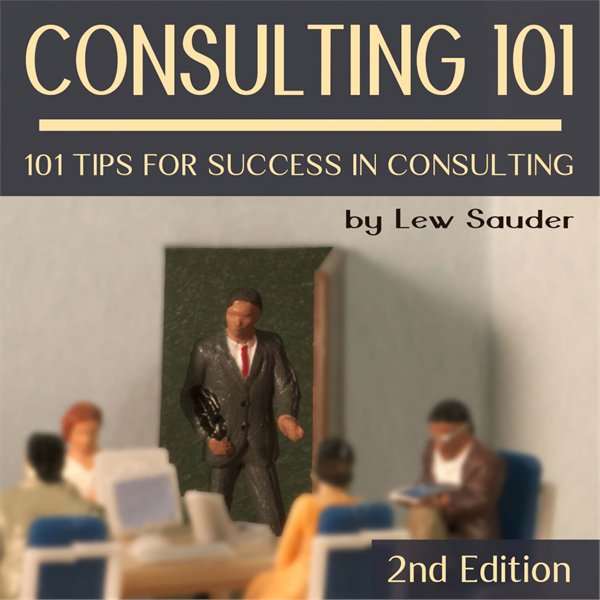Whether you went to college, trade school or jumped right into the work place. Your initial goal was probably to get a job. It may have been in your area of study. You may have gone in a different direction depending on the job market.
Once someone gets into their job, they get comfortable, complacent even. He learns the job well. He gets an annual pay increase. He eventually gets married, buys a home, and starts a family.
Soon, he has so much at risk, that he becomes risk averse. With a monthly mortgage and mouths to feed, he doesn’t want to jeopardize anything. He goes to work every day, keeps his head down, and survives.
Someday, when he retires, he’ll look back at his “career,” but it will essentially be a deception. It was not a career. It was a job. Everyone has the opportunity to prevent that from happening.
Think long-term
The job mentality is “another day, another dollar.” We get caught up in the short-term transactional approach of going to work so we can get paid. “Is it Friday yet?”
Instead of thinking day-to-day, week-to-week, or paycheck-to-paycheck, think about what you would like from a career. Do you like what you’re doing? Is that what you want to do when you retire?
Think about your retirement day. Even though it may be decades away. Create a vision of what you would like your career to look like. Live that vision.
Set goals
To achieve your long-term vision, you need to develop the building blocks to get there. Create long-term goals (5-10 years) that will help you reach that vision. Then set mid-term one-year goals. Identify what it will take to reach those goals. Then, you guessed it. Set shorter-term goals to reach each of those goals.
Always focus on the goals you need to accomplish. Be flexible. If things change, tweak your goals. Never lose sight of your ultimate vision.
For more information, checkout Career Management Tips for Project Managers
Discover you capabilities
Perhaps you have a degree. You also have some experience. What other skills do you have? What else would you be interested in doing? Are there any skills your organization isn’t aware of?
Work on honing those skills. At the same time, seek opportunities at your organization to demonstrate those skills and sharpen them at the same time. Eventually, the company will recognize you for your newly displayed skills and may give you better opportunities.
Be a leader
Perhaps you’ve been promoted to the level of manager. People report to you. But management is not leadership. Bossing people around is not leadership.
Leadership is about setting a vision that everyone works together to achieve. Leadership is about helping others grow and develop. Leadership is about supporting people instead of directing and second guessing them.
When you practice leadership, you help others succeed. When you help others succeed, you can’t help but be successful yourself.
Mentor
Part of being a leader is helping others. One of the best ways to do that is to mentor others. Take an interest in others and share your knowledge with them. When someone asks you a question, give them your time. Stop what you’re doing. Listen to their problem. Instead of simply giving them a solution, talk to them about options. Find out what options they have considered and offer others.
If you help them resolve their own problems, they develop better problem solving skills. It also influences them to mentor others. People will look up to you. Management within your organization will recognize you as a leader.
Grow
All of the above activities will help you to grow and turn your job into a career. But you should always be working toward personal growth. If you need additional training, seek it out. If the company won’t pay for it, fund it yourself.
If you are stuck in a dead end job with little chance of moving up, consider opportunities elsewhere. It used to be that changing jobs several times in your career had the negative connotation of being a job-hopper. Now, it is more acceptable to seek greater opportunities every couple of years.
Changing jobs frequently just for the sake of change is not advisable. But if there are legitimate reasons to move on for a better opportunity, it may be your best decision to turn your job into a career.
Conclusion
When you develop a comfort level with your job, it’s hard to move out of your comfort zone. You get into a rut and before you know it, you’re stuck in the same job with the same company for the duration of your career.
It’s up to you. You can continue to exist. Or you can take action to create a career trajectory to have a successful and fulfilling career.
What are you doing to turn your job into a career?
If you would like to learn more about a career in Project Management, get Lew’s book Project Management 101: 101 Tips for Success in Project Management on Amazon.
Please feel free to provide feedback in the comments section below.






0 Comments